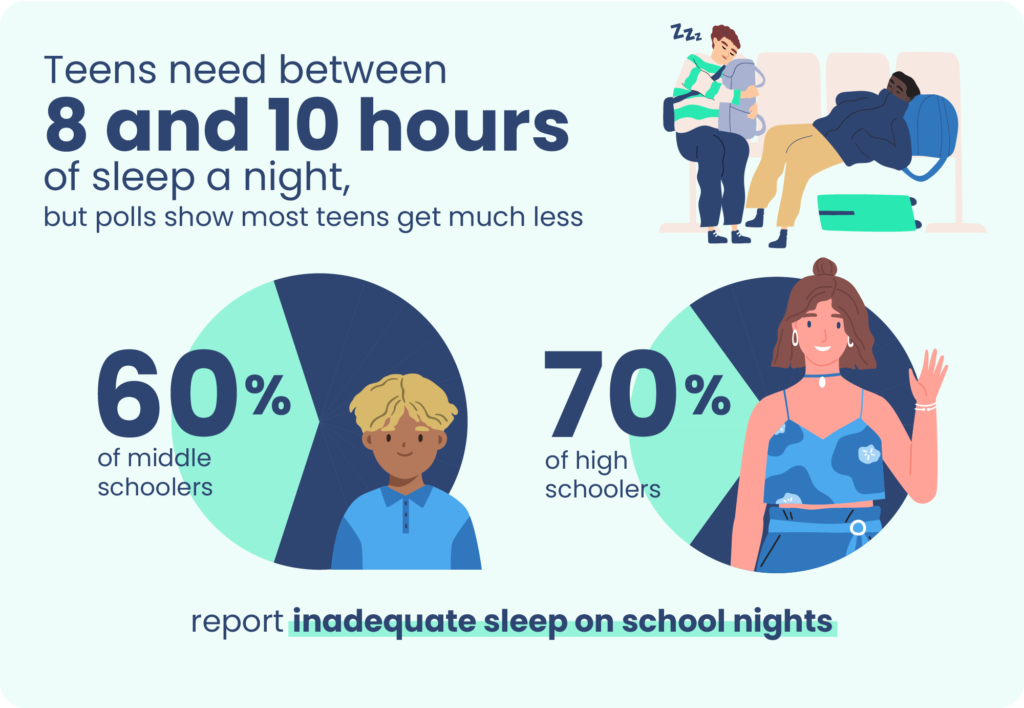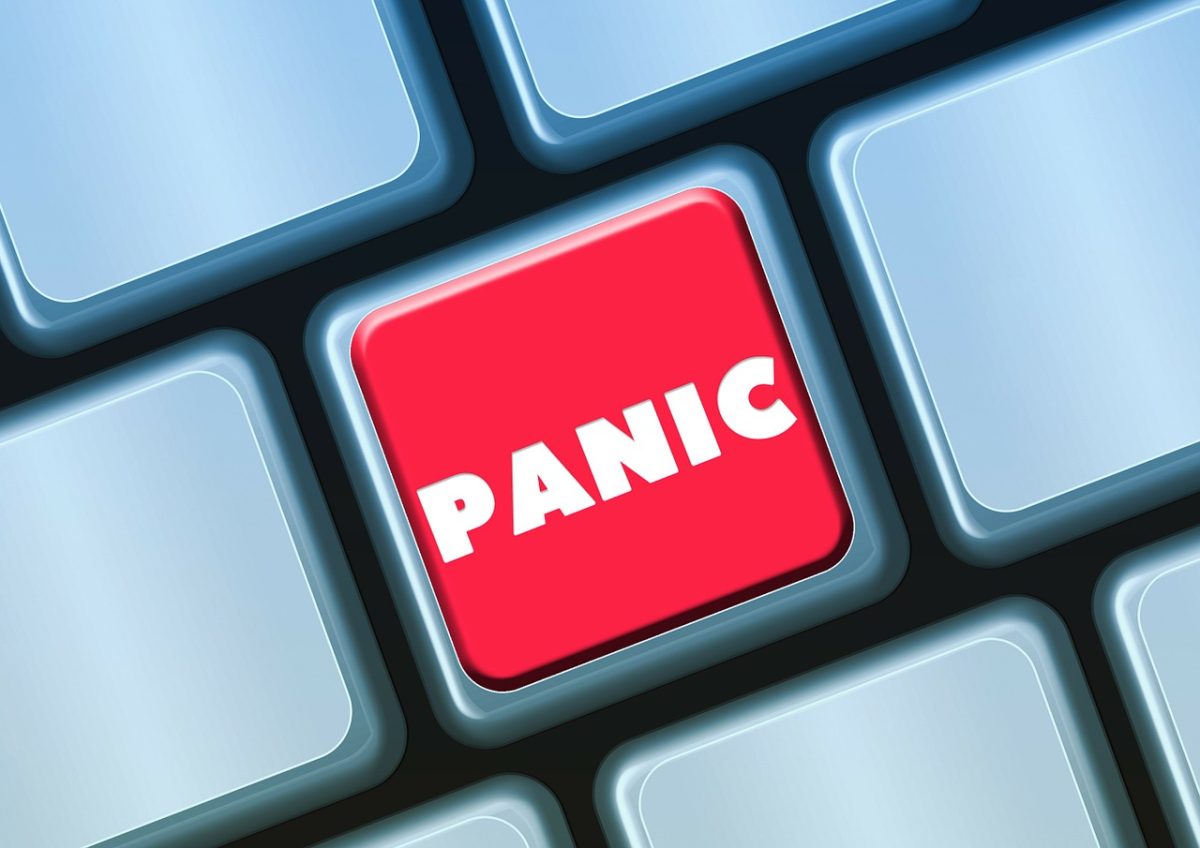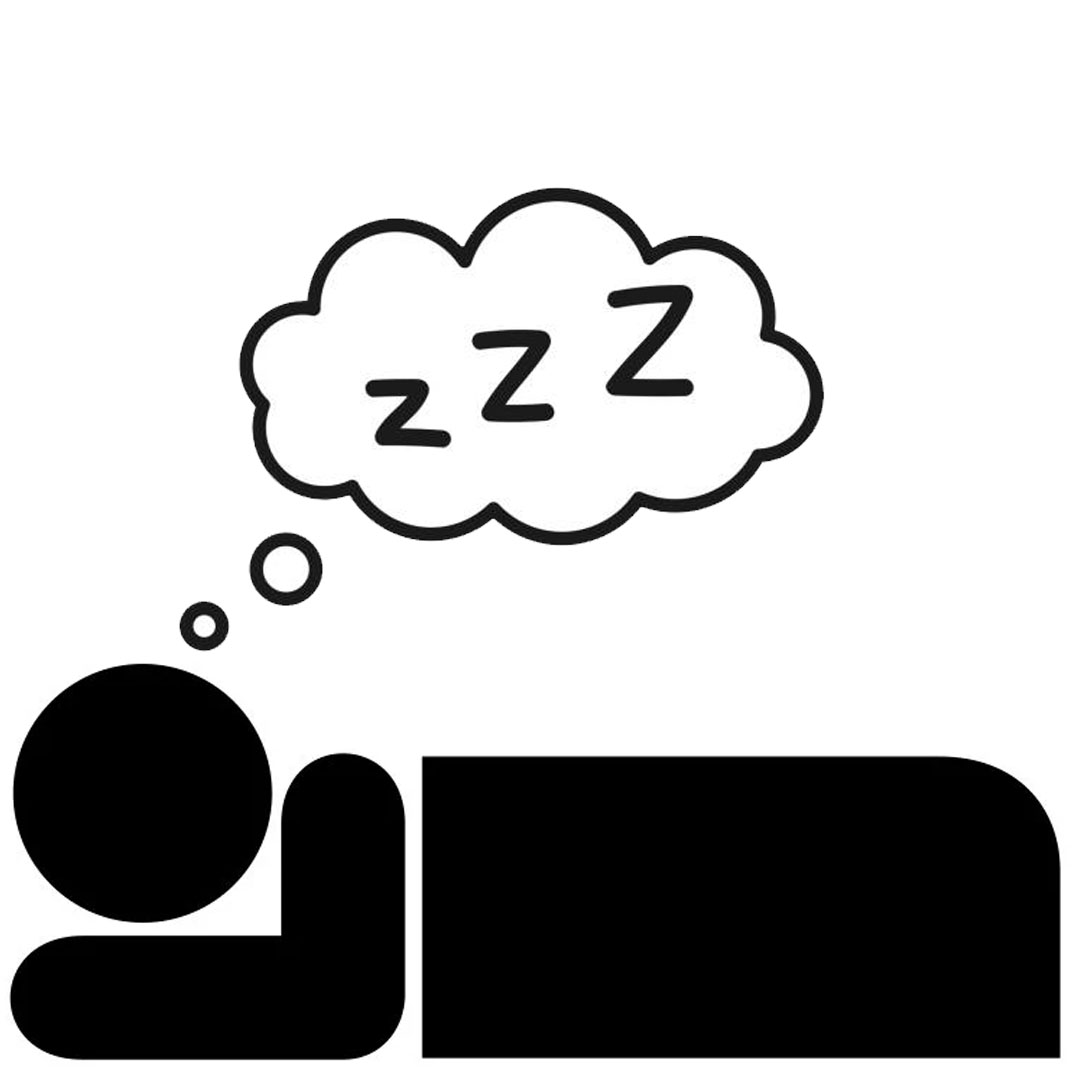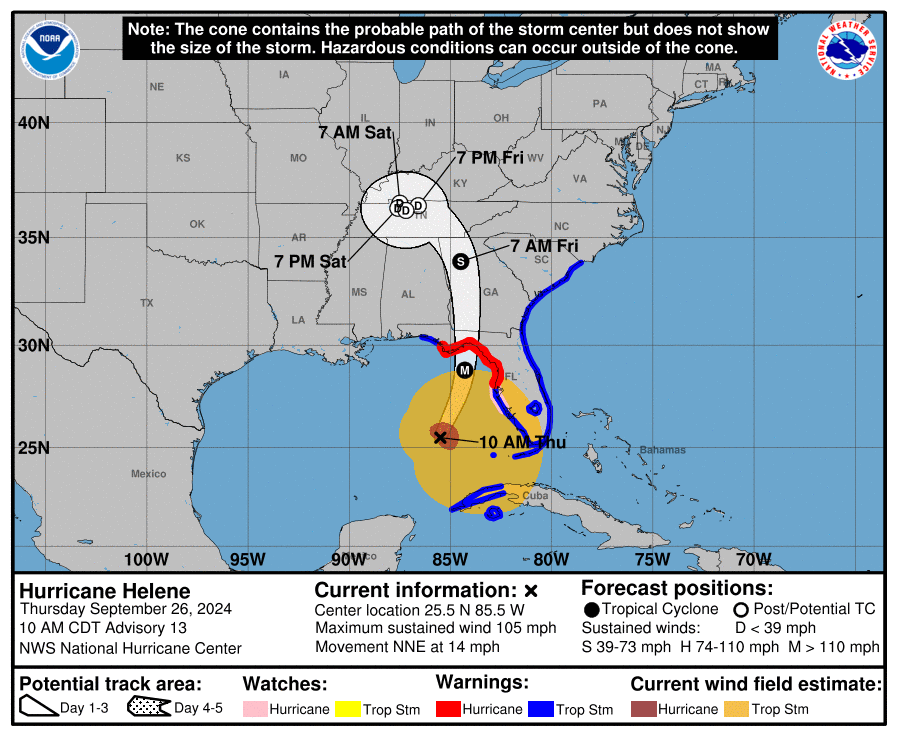According to the National Library of Medicine, caffeine is a central nervous system stimulant of the methylxanthine class and is the most commonly consumed psychoactive substance globally. As complex as that may sound, caffeine is a stimulant that results in high levels of energy. A study conducted by the Mayo Clinic found that about 83% of teens in 2024 consume caffeine. Many have found themselves relying on caffeine instead of sleep and healthy habits, which can be more detrimental to one’s health than people may think. Various human health issues such as acute toxicity, cardiovascular disease, poor dietary behavior, bone density and calcium deficiency, and developmental and reproductive problems can be caused due to caffeine intake.
It’s challenging to keep energy levels high throughout the day without reliance on these substances. Students struggle to get sleep; they are in school for six hours then go home and do homework, and/or partake in sports. Because of this, it seems as though sleep alone is unable to support the energy required to accomplish goals. According to a study headed by researchers from the University of Barcelona (UB), maximum levels of concentration are reached within 45 minutes of drinking a cup.
Sutter Health details a guide on how to break caffeine addiction. Article contributor Dr. Cotterel states, “Depending upon your level of daily intake, you might want to cut your caffeine level in half the first week and in half again on week two. Some patients have found it useful to go to half-decaf, and then to decaf, then to gradually replace the decaf with another non-caffeinated beverage,” he says. “The same can be done with tea or soda drinkers.”













